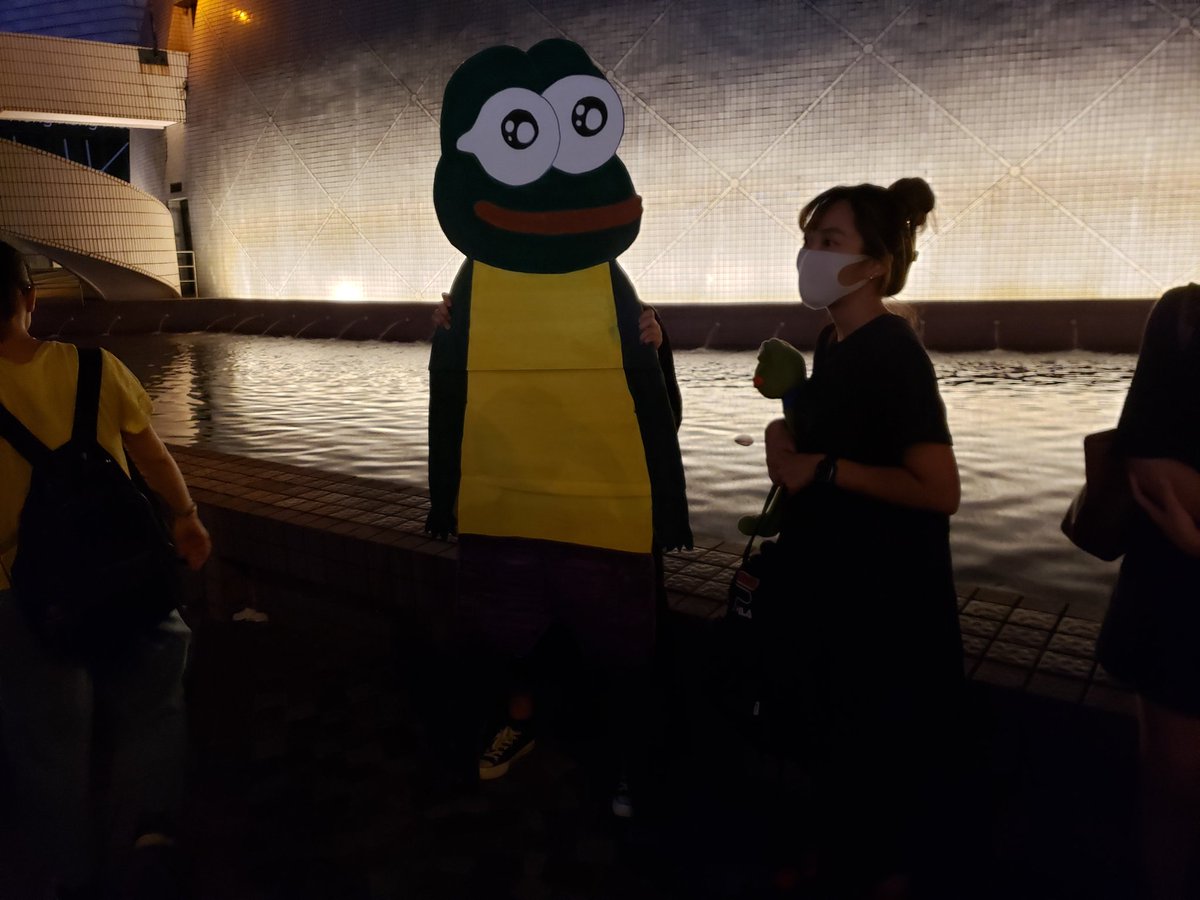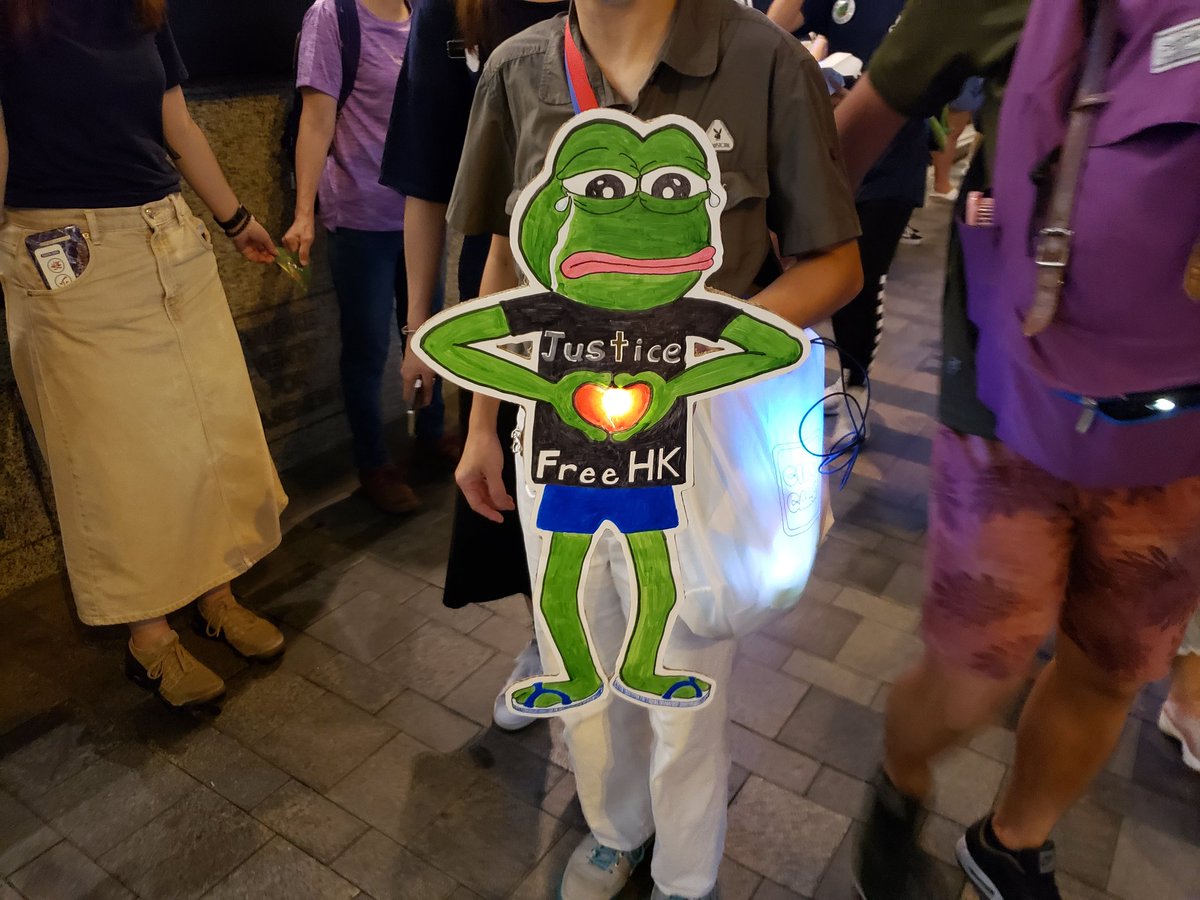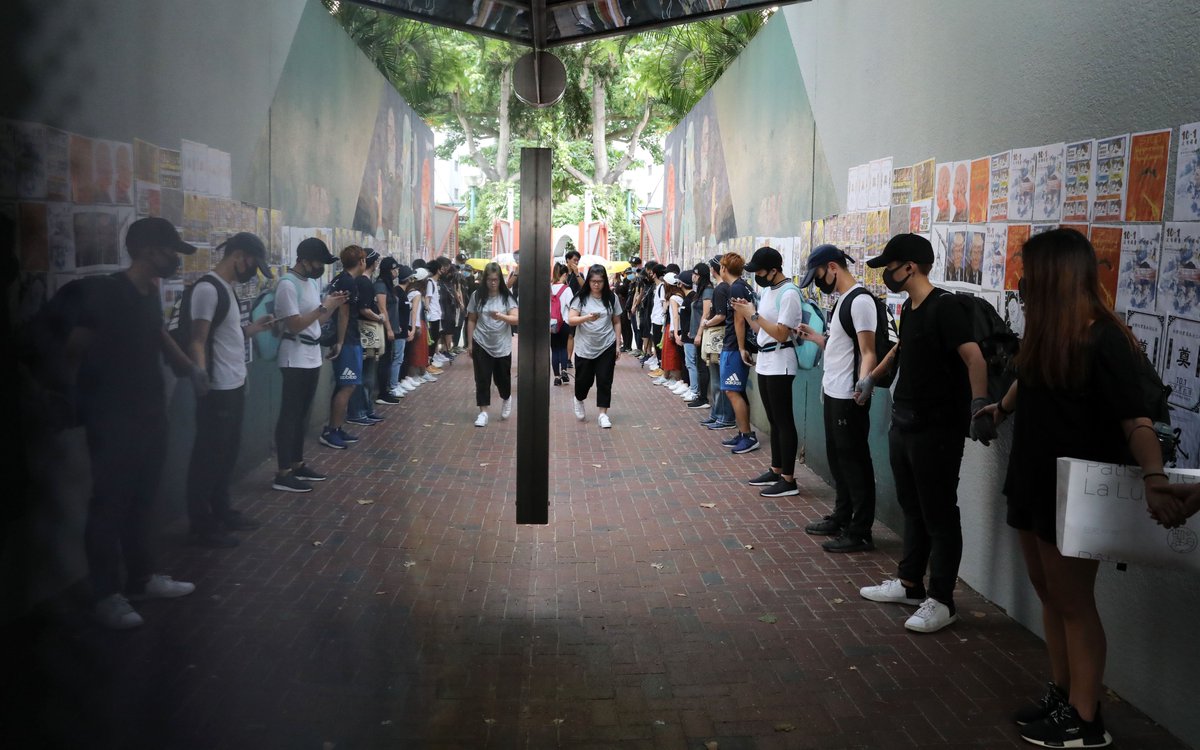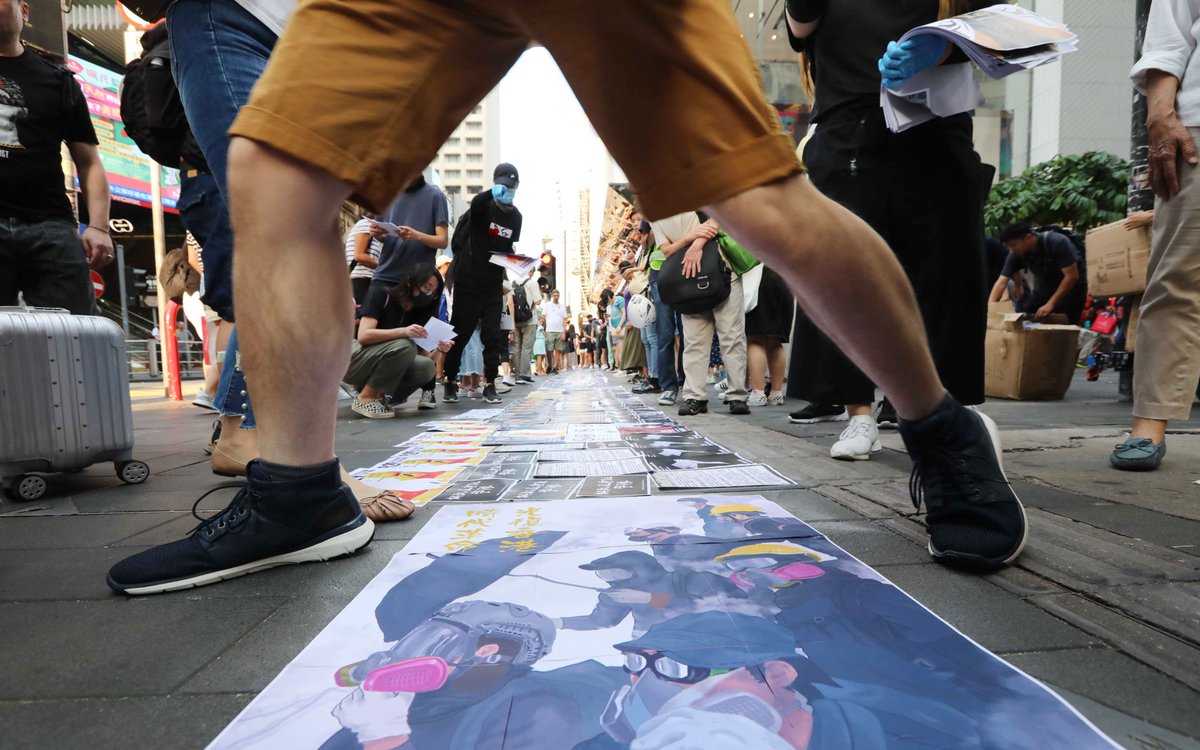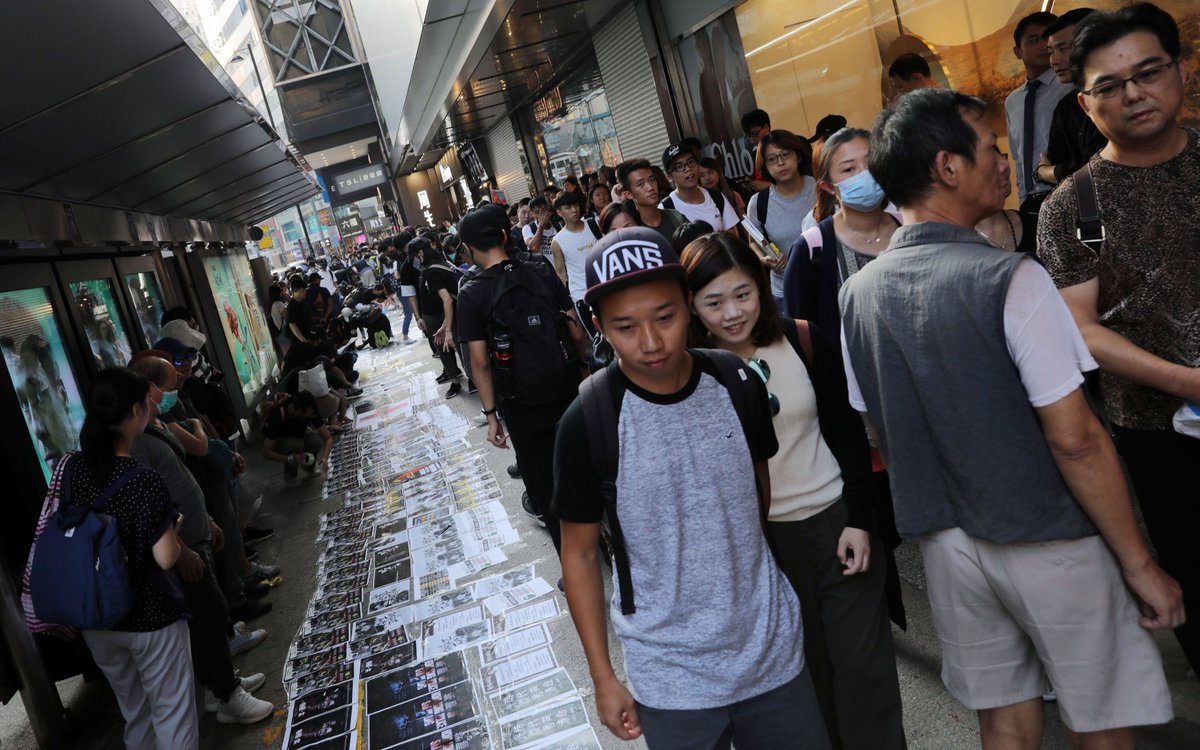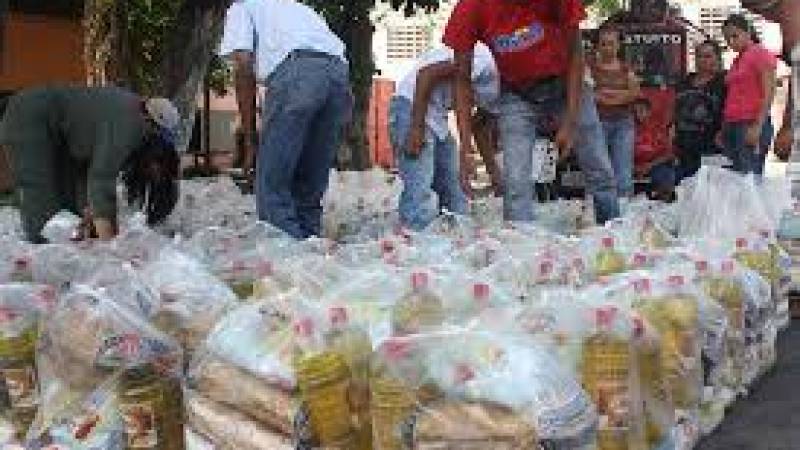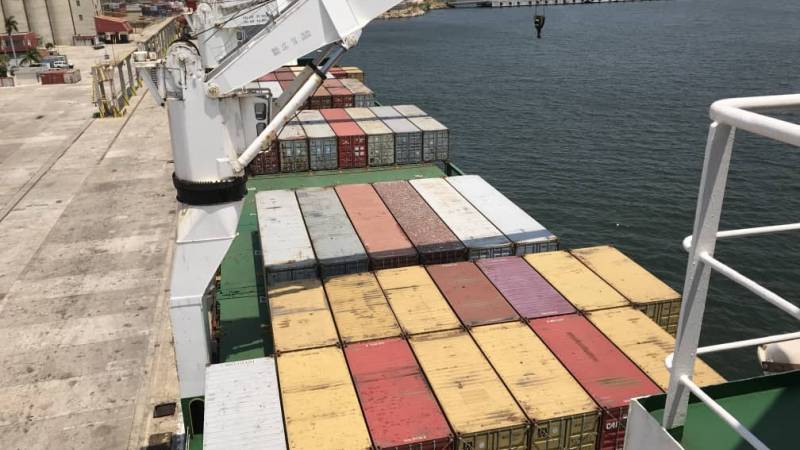'Moria is a hell': new arrivals describe life in a Greek refugee camp Originally intended to hold 3,000 people, 19,000 now live at the Moria refugee camp – with no electricity, scant water and, for many, no shelter at all.
“We haven’t eaten for two days, we hope there will be food at the camp.”
“Have you seen the news about Afghanistan? About three times a bomb blasted in front of me. I was in class one time, the school shook. The next time, it was a truck bomb that shook the whole area.
“Yesterday we arrived here and they gave me a coat and a blanket.
Even the most vulnerable, including pregnant women and those with newborn babies, have no specialist help.
Only those with money can do this.
“We have been here four months; tomorrow we leave for a camp on the mainland.


